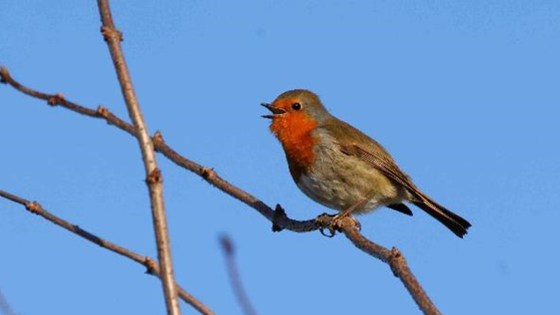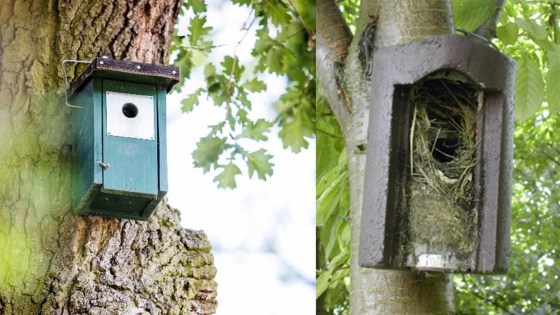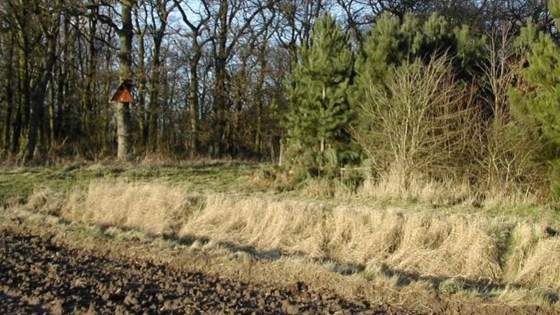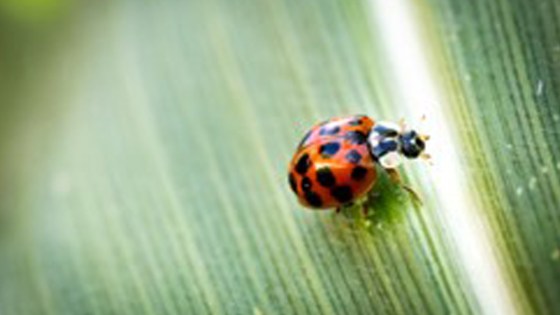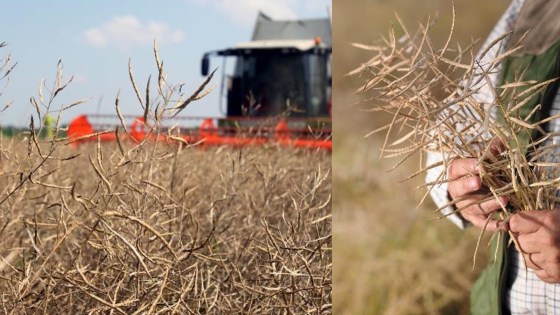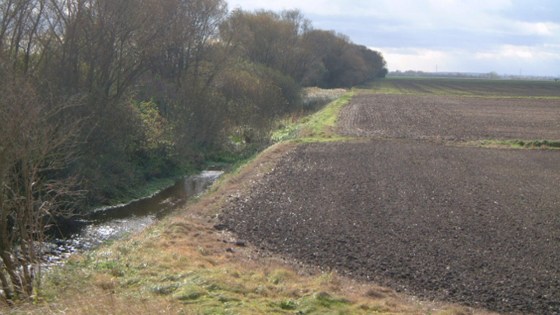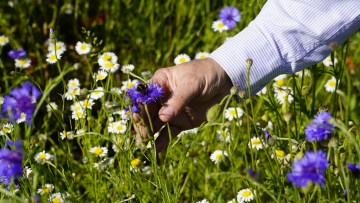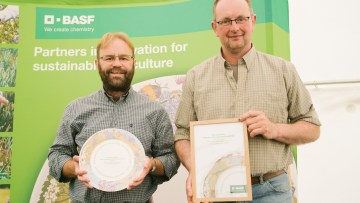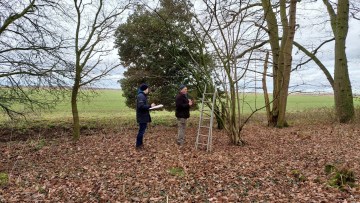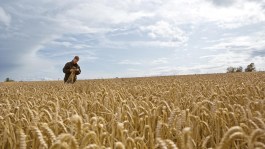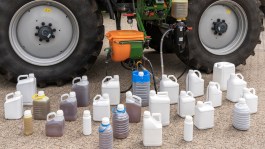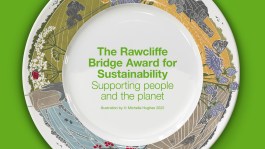Rawcliffe Bridge
BASF have worked collaboratively with the Hinchliffe family at Rawcliffe Bridge since 2002. Over this time, dramatic changes have been made, resulting in significant biodiversity gains.
Biodiversity’s rich rewards
At first glance the Hinchliffe’s 350-acre farm at Rawcliffe Bridge near Goole in East Yorkshire looks like the efficient, productive arable farm that it is. But when you take a moment to look and listen, what is fascinating about this place is that you enter a vibrant world of diverse bird, insect and plant life; a balance between intensive farming and highly effective wildlife management.
BASF has partnered with the Hinchliffe family at the farm since 2002 in implementing practical wildlife enhancing measures to encourage biodiversity whilst not detracting from the highly productive arable areas of the farm.
The farm at Rawcliffe Bridge
The Hinchliffe’s farm has a wheat-based rotation and much of the wheat is grown under contract for seed.
Most of the soil is known as ‘warp land’, a highly fertile alluvial plain extending to depths of between 10-18 inches resultant of intentional flooding from the adjacent Dutch River sometime between 1820 and 1850.The result is that it is perfect for growing some of the best quality wheat in the UK; because of this it is used for extensive fungicide, seed treatment and wheat variety trials (averaging 24 varieties every year) in a joint venture between BASF and leading plant breeders.
Improving biodiversity is just part of the objective of demonstrating sustainable intensification of cropping at Rawcliffe Bridge and The Grange. Best practice agronomy using current technology and techniques drives profitable crop production and the same technology and techniques can be used to improve biodiversity. Effectively managed crop production and improved biodiversity are a powerful and socially responsible combination; they are both key drivers in managing sustainable intensification of farming.
20 years at Rawcliffe Bridge
In July 2022, we celebrated our 20-year collaboration with the Hinchliffe Family at Rawcliffe Bridge and our commitment to sustainable agriculture. Check out the highlights video including the announcement of the inaugural winner of the Rawcliffe Bridge Award for Sustainability.

